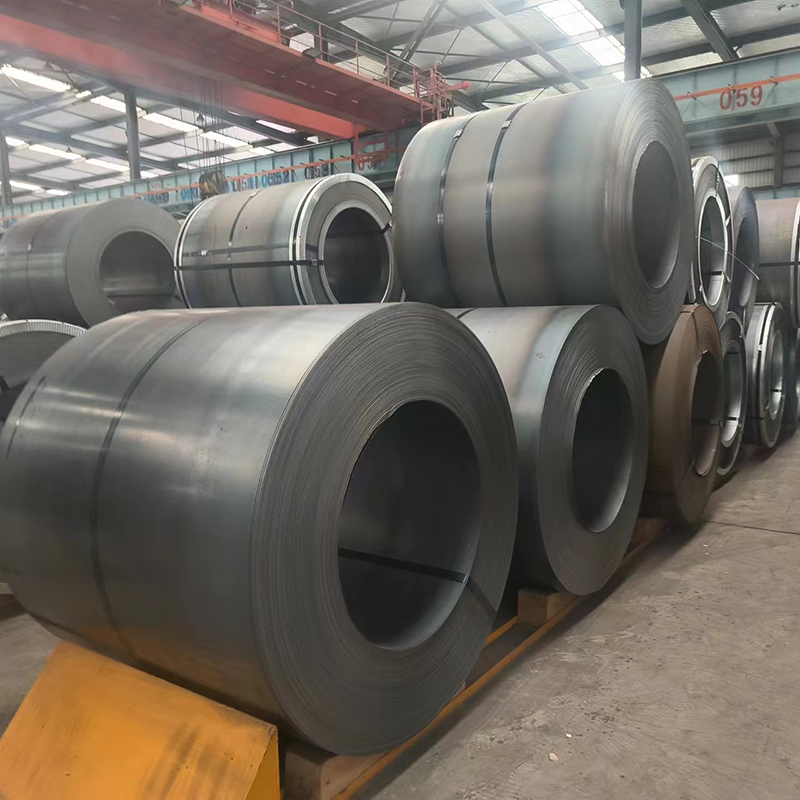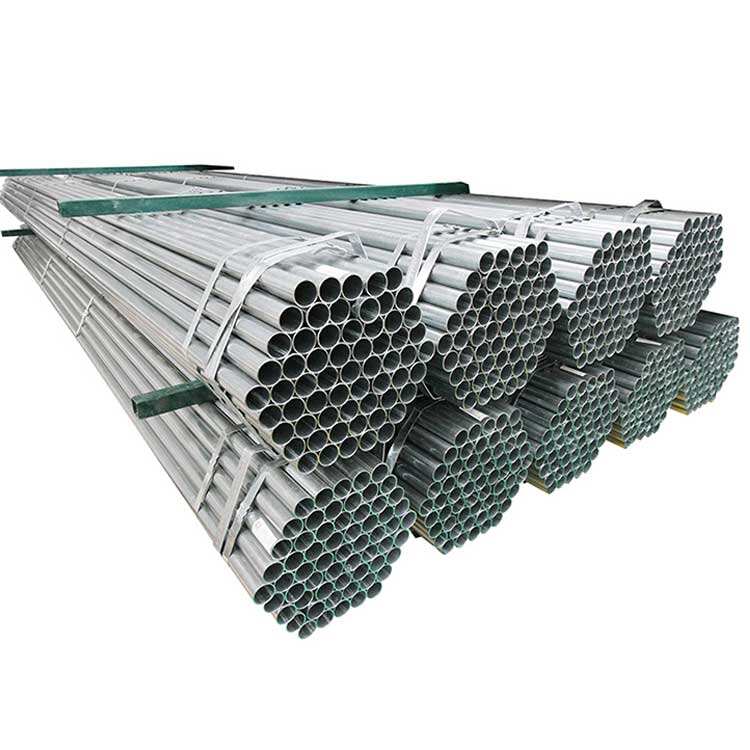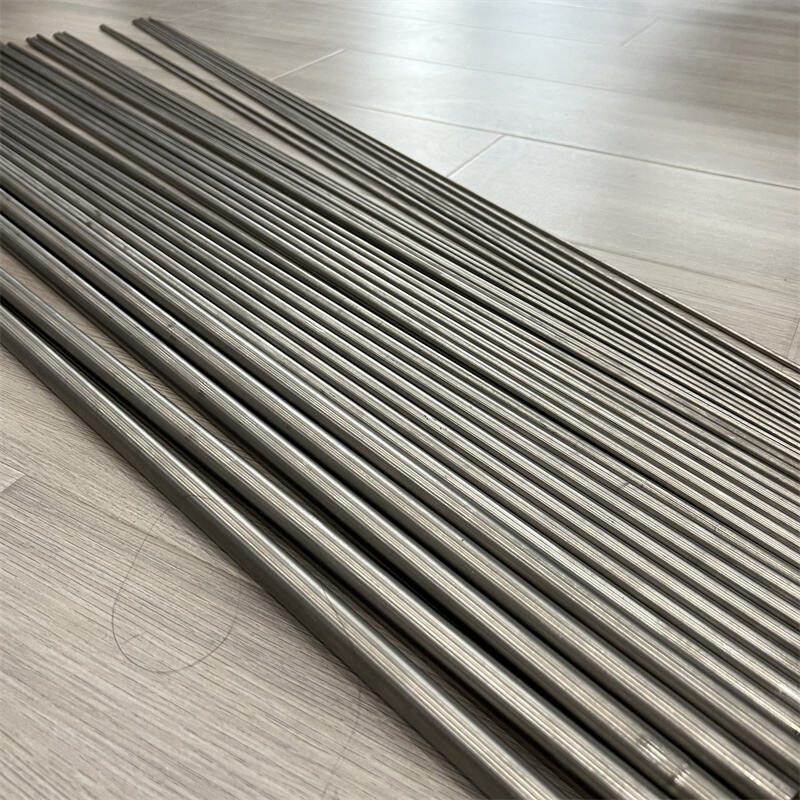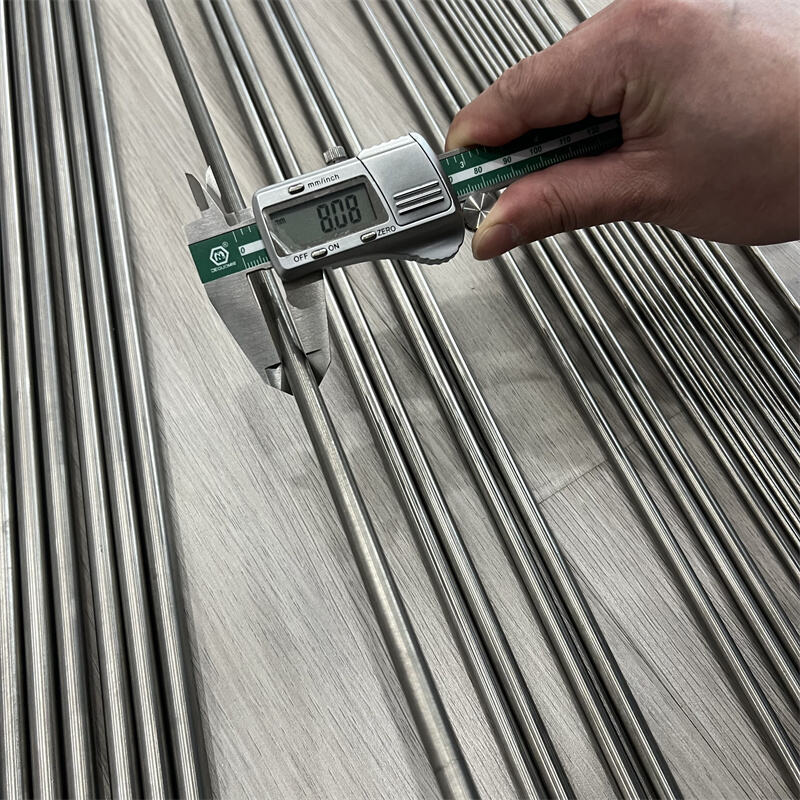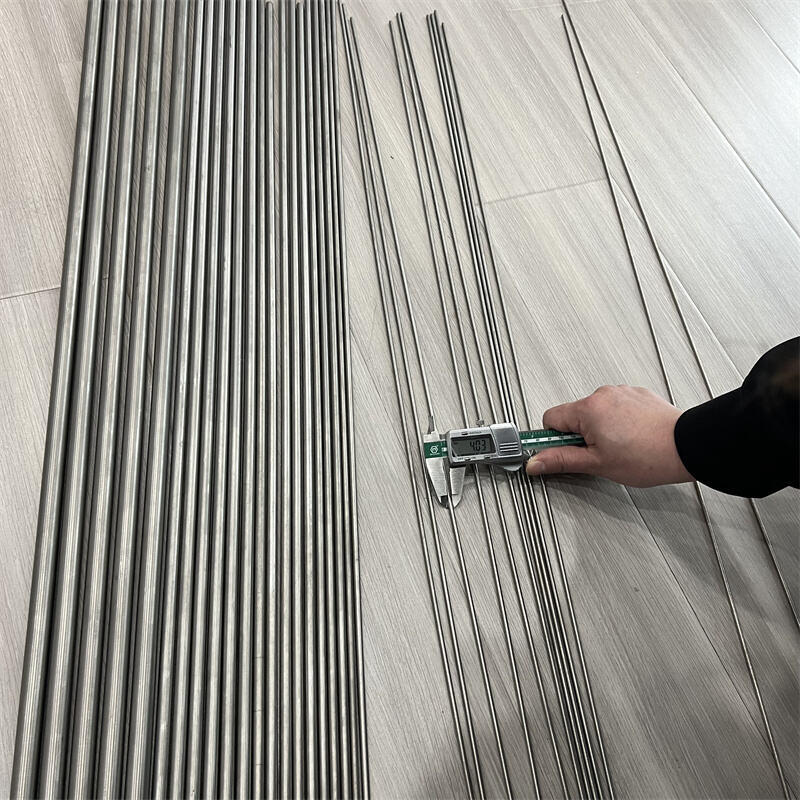titanium round bar
Titanium round bars represent a crucial component in modern manufacturing and engineering applications, combining exceptional strength with remarkable lightweight properties. These precision-engineered materials are manufactured through advanced metallurgical processes, resulting in cylindrical bars that offer an optimal balance of durability and performance. The bars are available in various grades and dimensions, typically ranging from small diameter rods to substantial bars, each designed to meet specific industrial requirements. The material's inherent characteristics include outstanding corrosion resistance, high tensile strength, and an impressive strength-to-weight ratio. Titanium round bars demonstrate exceptional performance in extreme temperatures and hostile environments, making them invaluable in aerospace, medical, marine, and chemical processing applications. The manufacturing process involves careful control of composition and microstructure, ensuring consistent quality throughout the material. These bars can be machined, welded, and formed into various configurations while maintaining their structural integrity and mechanical properties. The superior biocompatibility of titanium round bars makes them particularly suitable for medical implants and surgical instruments, while their resistance to saltwater corrosion makes them ideal for marine applications.


